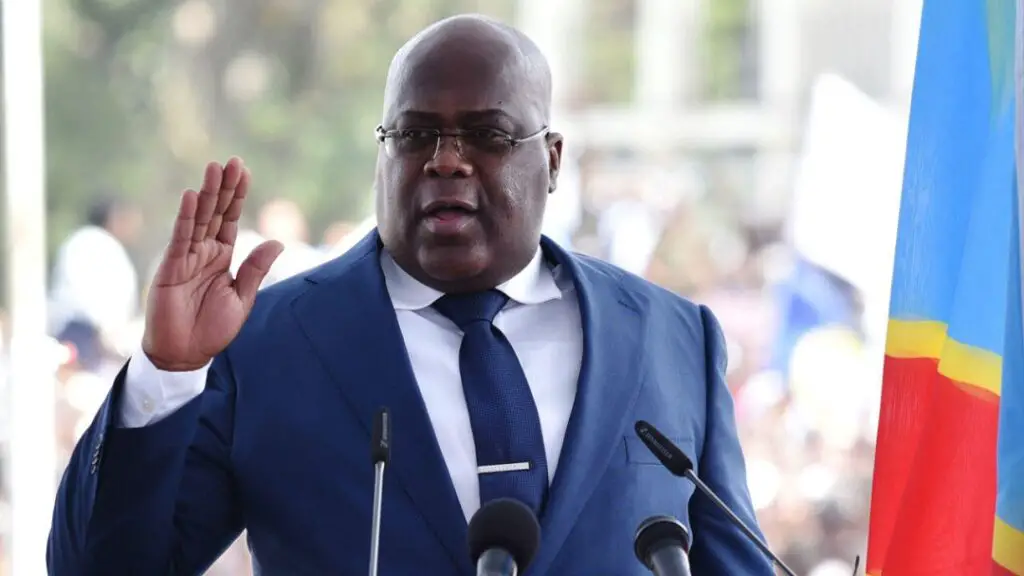Since President Félix Tshisekedi took power in January 2019, DRC has been pitching and welcoming international and regional investors in Kinshasa. President Tshisekedi has struck mining and agriculture investment agreements with Chinese companies. In July, UAE signed a $1.9 billion deal with a state mining firm in the DRC to develop four mines in eastern
[elementor-template id="94265"]
